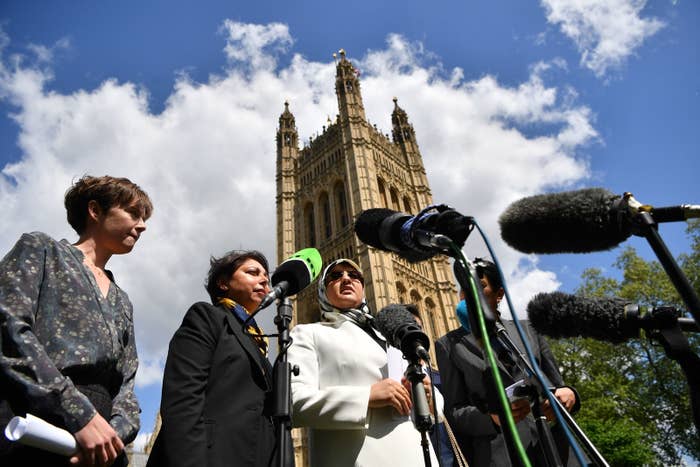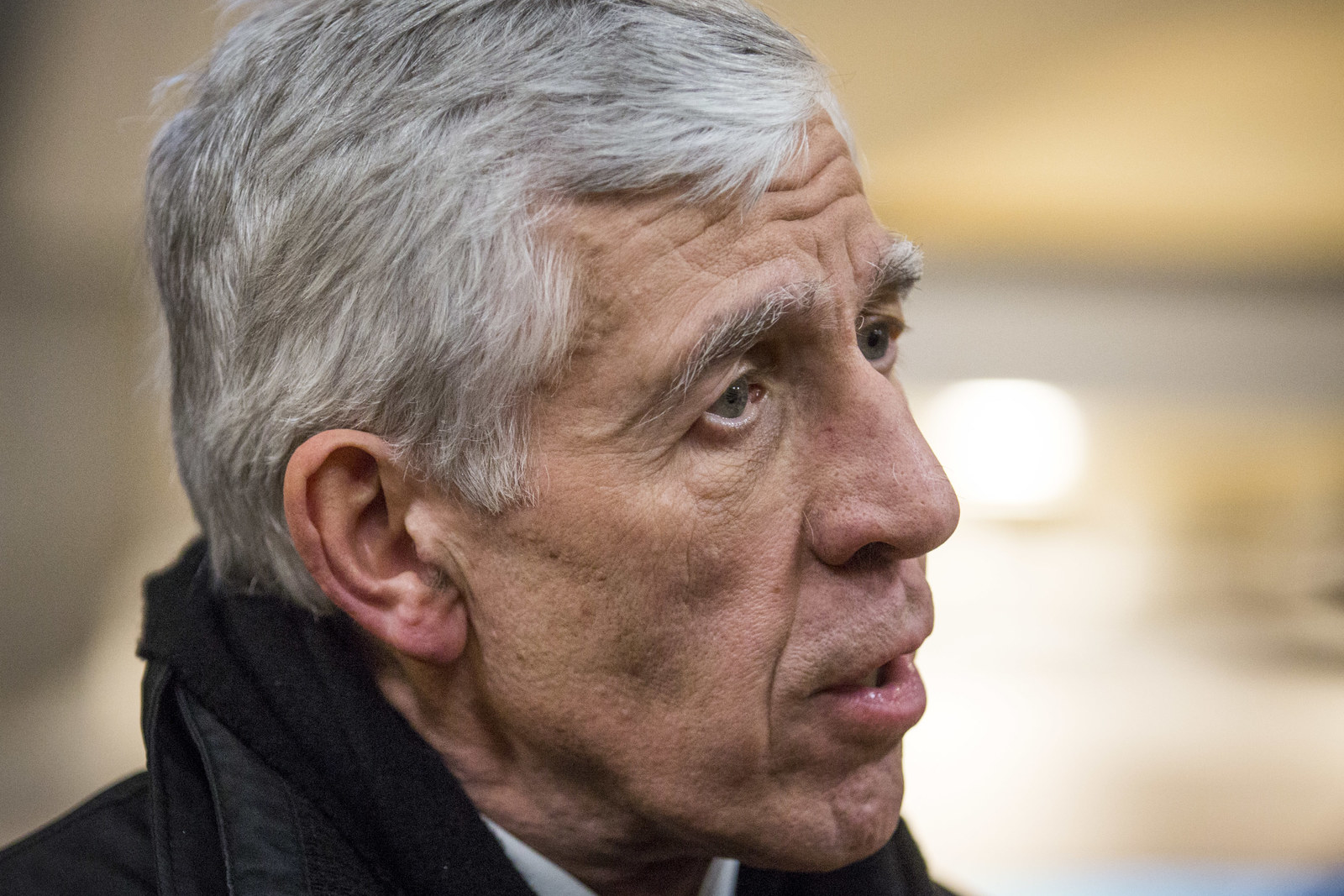
The UK's spy agencies effectively turned a blind eye to the mistreatment of detainees by the United States in the wake of 9/11, a major inquiry has found.
The intelligence and security committee (ISC), a high-level group of MPs and peers, said on Thursday they had found no evidence that UK officers directly carried out any physical mistreatment of detainees.
But they said it was "beyond doubt" that UK agency chiefs knew the US was engaged in a "pattern of mistreatment" of detainees – and did nothing about it in case they upset their US allies and "lost access to intelligence".
The committee, led by former attorney general Dominic Grieve, found 232 cases where UK personnel had continued to supply questions or intelligence to allies even "after they knew or suspected mistreatment".
In 198 cases, UK personnel received intelligence from allies that had been obtained from detainees "who they knew had been mistreated" or should have suspected had been mistreated.
In 2002 alone, there were at least 38 cases where officers had witnessed or heard about mistreatment. The ISC was not convinced by the UK intelligence agencies' claim that these were "isolated incidents".
Grieve said: "They may have been isolated incidents to the individual officer witnessing them, but they cannot be considered ‘isolated’ to those in head office.
"It is difficult to comprehend how those at the top of the office did not recognise the pattern of mistreatment by the US. That the US, and others, were mistreating detainees is beyond doubt, as is the fact that the agencies and defence intelligence were aware of this at an early point."
The ISC released two reports on detainee mistreatment and rendition following a three-year inquiry in which they took 50 hours of oral evidence and examined 40,000 original documents.

Grieve said they had "reluctantly" brought their inquiry to a close after the UK government denied them access to the officers who were involved at the time.
On rendition, the committee found three individual cases where the Secret Intelligence Service (MI6) or MI5 had either made or offered payment towards the "extraordinary rendition" of detainees to countries where they were at "real risk of torture or cruel, inhuman or degrading treatment".
In 28 cases, UK agencies "suggested, planned or agreed to rendition operations proposed by others" and in a further 22 cases, MI6 or MI5 "provided intelligence to enable a rendition operation to take place".
And the committee warned bluntly that the UK government had failed to learn lessons on rendition since the ISC last reported on the issue 11 years ago.
"While there have been small improvements made since 2007, we remain unconvinced that the government recognises the seriousness of rendition and the potential for the UK to be complicit in actions which may lead to torture, CIDT [cruel, inhuman or degrading treatment] or other forms of mistreatment," it said.
Grieve concluded: "More could have been done at an agency and ministerial level to seek to influence US behaviour. More could also have been done to distance themselves from mistreatment of detainees."
Labour and campaign groups called for a judge-led inquiry into historical allegations of torture and rendition, amid reports that the government had ordered a "light-touch review" rather than a public consultation on new guidance.
Shami Chakrabarti, Labour’s shadow attorney general, said: "When close allies lead each other away from human rights standards and add insult to injury by demanding long-term cover-ups, only a full-blown judicial investigation will protect the robustness and reputation of our vital security agencies."
Corey Stoughton, from human rights group Liberty, said: "We still haven’t got to the bottom of the UK’s involvement in the unforgivable mistreatment of people around the world. Ministers must finally instigate the promised independent judge-led inquiry to delve deeper into our country’s involvement in torture and rendition."
Prime minister Theresa May said UK personnel had been working in "a new and challenging operating environment for which, in some cases, they were not prepared".
She said: "It took too long to recognise that guidance and training for staff was inadequate, and too long to understand fully and take appropriate action on the risks arising from our engagement with international partners on detainee issues.
"The agencies responded to what they thought were isolated allegations and incidents of mistreatment, but the ISC concludes that they should have realised the extent to which others were using unacceptable practices as part of a systematic programme. The agencies acknowledge that they did not fully understand this quickly enough and they regret not doing so."

Jack Straw, who was foreign secretary between 2001 and 2006, distanced himself from the allegations.
"Although I was formally responsible for both SIS and GCHQ during my period as foreign secretary, I have today learnt much about the activities and the approach of these agencies of which I was not aware before," he said in a statement.
He said the report showed that "where I was involved in decisions I consistently sought to ensure that the United Kingdom did act in accordance with its long-stated policies, and international norms".
